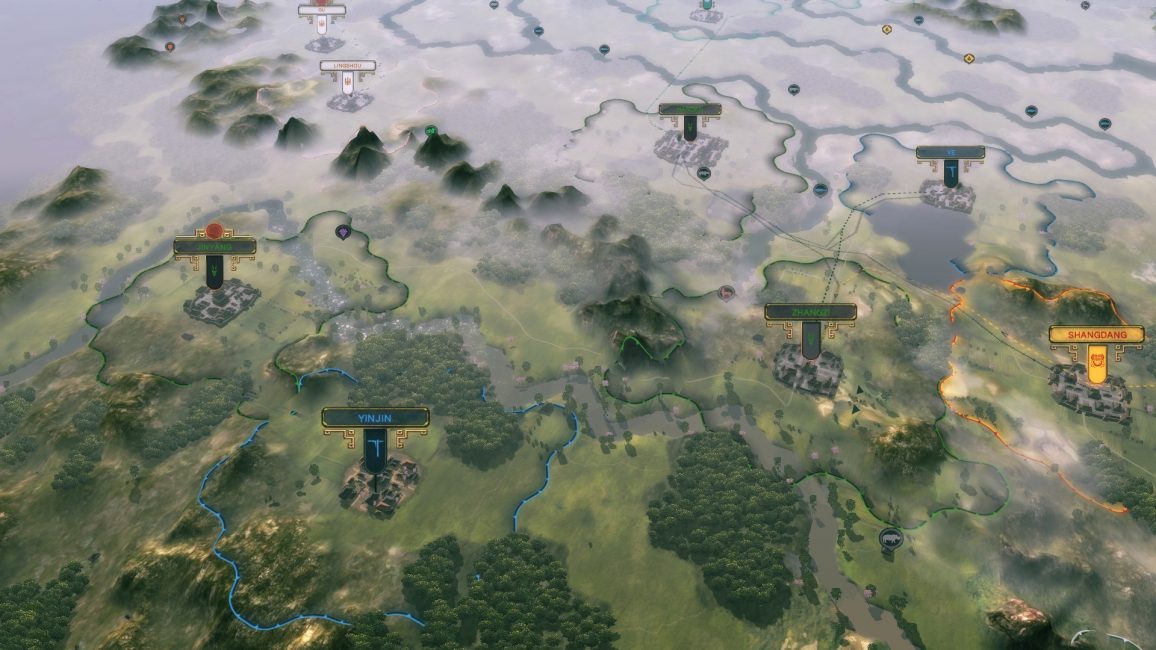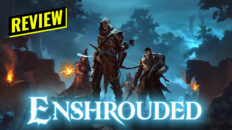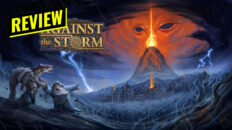Developer: Shining Pixel Studios
Publisher: Iceberg Interactive
Reviewed on: PC
Code Received.
Oriental Empires is a historic turn-based strategy game that takes many cues from series like Civilization and Total War. By keeping its scope centered on ancient China, it provides a satisfying mix of city building, combat tactics, and historical context. It may take a while to ramp up, but once you get rolling in a game of Oriental Empires you’ll spread across the continent in no time.
When starting a new game you are presented with many different Chinese tribes to choose from. They all offer unique traits, although many of the perks are shared by several tribes. For instance, some tribes earn food by farming, others earn it by herding animals. This lets you decide if you want to play more of a hunker down and build game or one where you’re more nimble, but may not have a strong infrastructure to fall back on. The tribes seem well balanced with no clear advantage given to one or the other. I would have liked to see a little more variety in their attributes, however.
The world map is beautifully rendered and many of the hexes have distinct benefits attached to them. Build a town within three hexes of wild animals, and you’ll be able to reap the benefits of those animals. Exploring and expanding into new regions is also pretty straight forward, with each city having it’s own economy associated with it.

I will say that the game’s tutorial does a decent job of guiding you through the early game. It’s important to learn the intricacies of each game regardless of how many other 4x games you’ve played before, and the tutorial does a good job of bringing you up to speed without inundating you with nagging prompts. I did find it confusing at first to navigate the game’s UI. Tutorials will inform you about unrest forming in a settlement and how to fix it, but stops short of tell you where to find the solution within the many menus and sub screens the game has. While this was definitely frustrating at first, it had the side effect of allowing me to discover unrelated items more organically. Whether this was intended or not, the game isn’t so complex that any one thing is impossible to uncover.
My favorite aspect of these types of games has always been the way they teach you about history, while also being entertaining to play. Oriental Empires weaves in just enough historical context to make your actions feel meaningful and historically accurate. Each tribe is given historical context, each building has some history attached to it, and I found it fascinating to read through all the flavor text. Of course, the way your match plays out is not beholden to history, so look forward to brining even the smallest of tribes to epic victory.

The game performed well in my experience, no slow downs or crashes on my system. I was also able to run the game on max graphics settings without any issues.
Oriental Empires is a great looking and playing historic grand strategy game. While it derives, it also refines and makes a name for its self. While I was disappointed in the lack of variety in the civilization choices, I found the game to be fun to play and an interesting learning experience. I can’t say if this will be my go-to strategy game, but I did enjoy the time I spent with it and look forward to more from this team in the future.
[full_width]PC Specs:
Windows 10 Pro 64-bit
Intel Core i7-4790K 4.0GHz
16GB RAM
GeForce GTX 980 Ti 6GB VRAM
Samsung EVO 850 SSD[/full_width]








